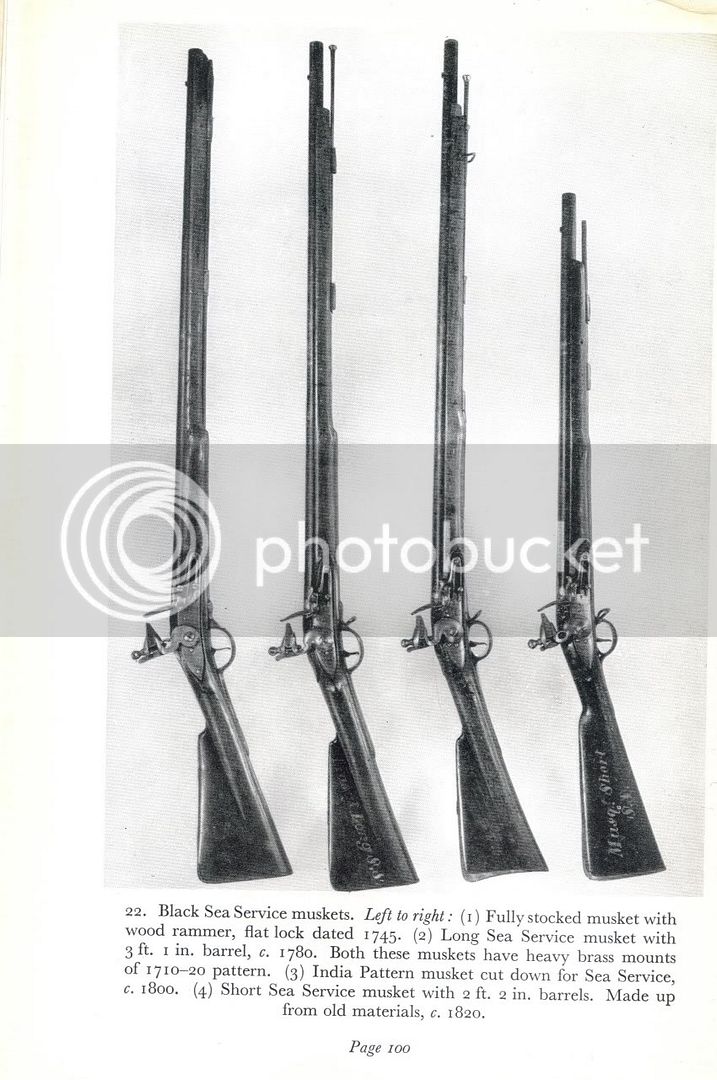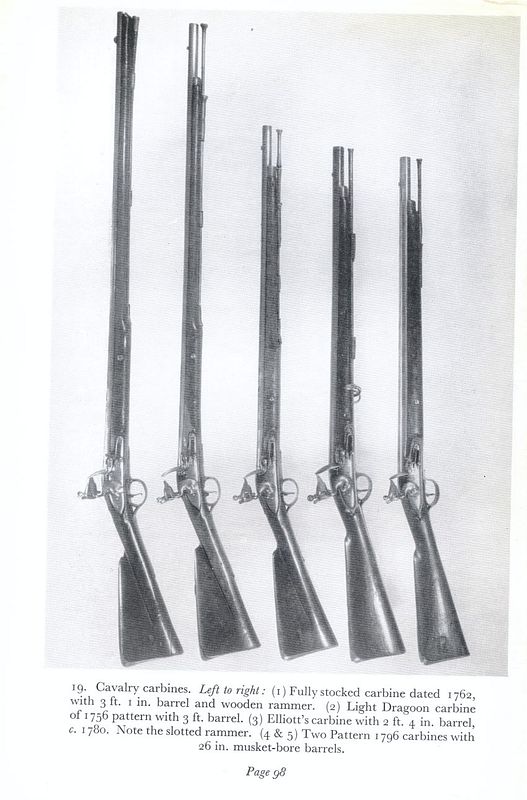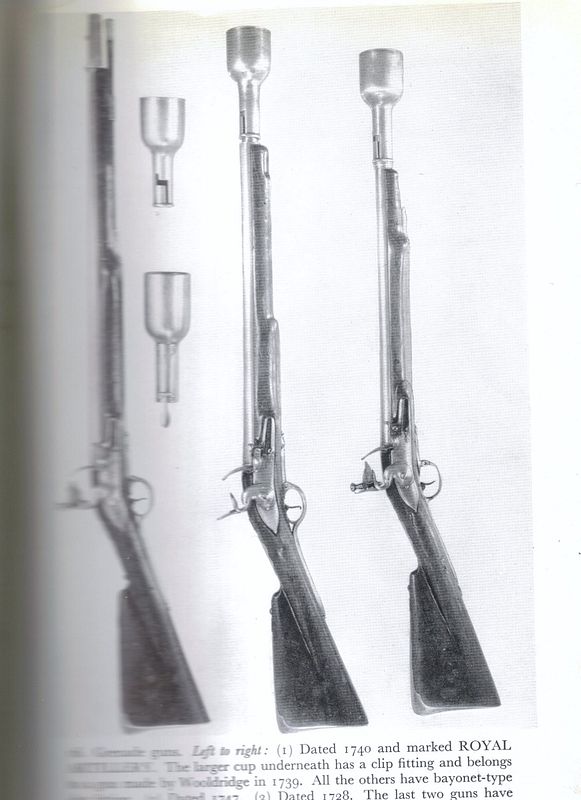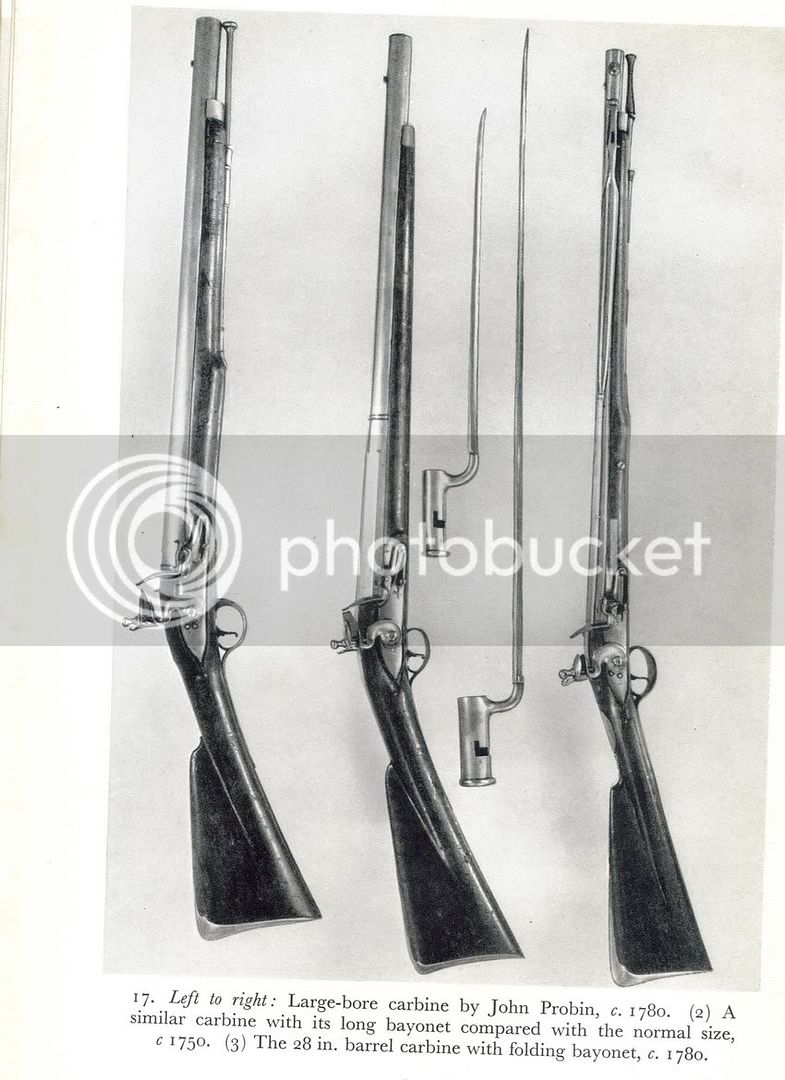You tire me Paul. I hate getting into these kinds of debates with you as they are time consuming and accomplish little . You are a master at obfuscation and confusing the issue with your injections of rambling irrelevant material in the thread.
You might at least give page citations for those 11 books you listed, so that other members here can read your sources.
Considering probably a grand total of 3 or 4 people that have read this thread actually own any of these books, listing page citations would be an incredible waste of time.....I actually do have to build guns from time to time to put food on the table. Those 3 or 4 people that own those books are well aware of what is historically correct because of the material these books contain. In other words, go buy these books and bring yourself up to 2008 and leave the outdated material of 1960 behind. It's not my responsibility to supply you with the information. It's out there if you care to look it up, I even gave you the books to look for. I could easily suggest quite a few more so you'd be well rounded in 18th century history.
I have spent many hours in libraries finding out that books listed in bibliographies, or cited as sources, in fact are no such thing.
So, you think I'm lying to you? What would I have to gain?
When you don't cite actual text language, or describe the sources as primary or secondary, and the books themselves don't cite original( Primary) sources, your argumentative use of lists of books in your library degenerates to the " Bags of Letters defense", ie. " Your Honor, I have bags of letters from people all over the world that say they didn't see my client shoot the victim....." Everyone has lots of book in their libraries, if they have a library. If I feel like it, I will take your list to the library and check out your references. You may not want me to do so, however.
This is just a little conversation on the internet that has no bearing on anyones life, not some court case that may lead to life and death. But , please do take my list to the library if you actually care, it will be time well spent. You will find all the information discussed here plus much more.
I wrote one research paper on a small international incident, and found 15 different books written on the matter, on the library shelf. One was worth the time reading. The other 14 were worse than terrible. But they got published!
The same thing occurs in researching the Second Amendment. There are dozens of Law Review articles written on the subject, but the anti-gun ones are the true light-weights on the shelves. All of them.
Some of the pro-gun ones are embarrassments, too, but the vast majority of the articles favoring the private ownership of firearms are well written research, with good citations. That all became painfully obvious when the City of Washington's law firm filed their briefs in D.C. vs. Heller. They are so bad, the firm was fired by Washington, D.C. the next day, and the city tried to get additional arguments filed through Amicus Briefs filed by supporters. The two dissenting opinions did a horrible job of arguing the issue, and I am sure those dissents will be discussed in law schools across the nation this Fall.
What the hell? :yakyak: This has nothing to do with the subject at hand. :slap: Another attempt to divert attention through confusion and obfuscation. :shake:
I think your attempts to restrict this argument to what was shown in British records as being built for shipment to the colonies shows how desperate you are to limit the facts to be considered. No one is disputing you, or others, that Brown Bess muskets were probably not shipped with shortened barrels, until the Dragoon model was made.
Desperate? :haha: So if no one is disputing me, why is this still going on? Seems that only one person participating is this thread is having issues. :wink:
But records from the Hudson Bay company( A British concern) indicate clearly that short barreled guns were ordered, and in substantial quanties. I had thought when that post was made, here, that this would have ended the arguing about short barreled guns. But, No, you have to continue to press the issue.
Oh good Lord Paul, you are learning disabled! :haha:
I'm the one that supplied the information about the inventory lists for HBC and barrel lengths. :surrender: 30" barrels are well documented for 18th century guns.
I think what the real issue here is that you assume you're the authority on everything 18th century with out having anything to back up your "expertise". In fact I've never seen you ever back up any of your fantasies with up to date documentation. So the minute somebody calls your bluff you go on a marathon writing rampage to try and bury the fact that you're all hot air and no substance.
The only reason I call you out on your BS is I hate to see your romantic 18th century folklore be accepted as truth. I think it's important to let people who really care about 18th century minutia know the latest information, not some round about rambling of a lawyer you likes to hear himself type....no matter what the subject. It's pretty obvious that you mainly have participated on this thread to belittle and argue with those that disagree with your ramblings, where a few others and I have actually added positively to this thread with relevant information and documentation. I'm sure most are very tired of all of this by this point.
.
Thank God! :applause:
(but I don't believe it. :haha: )









